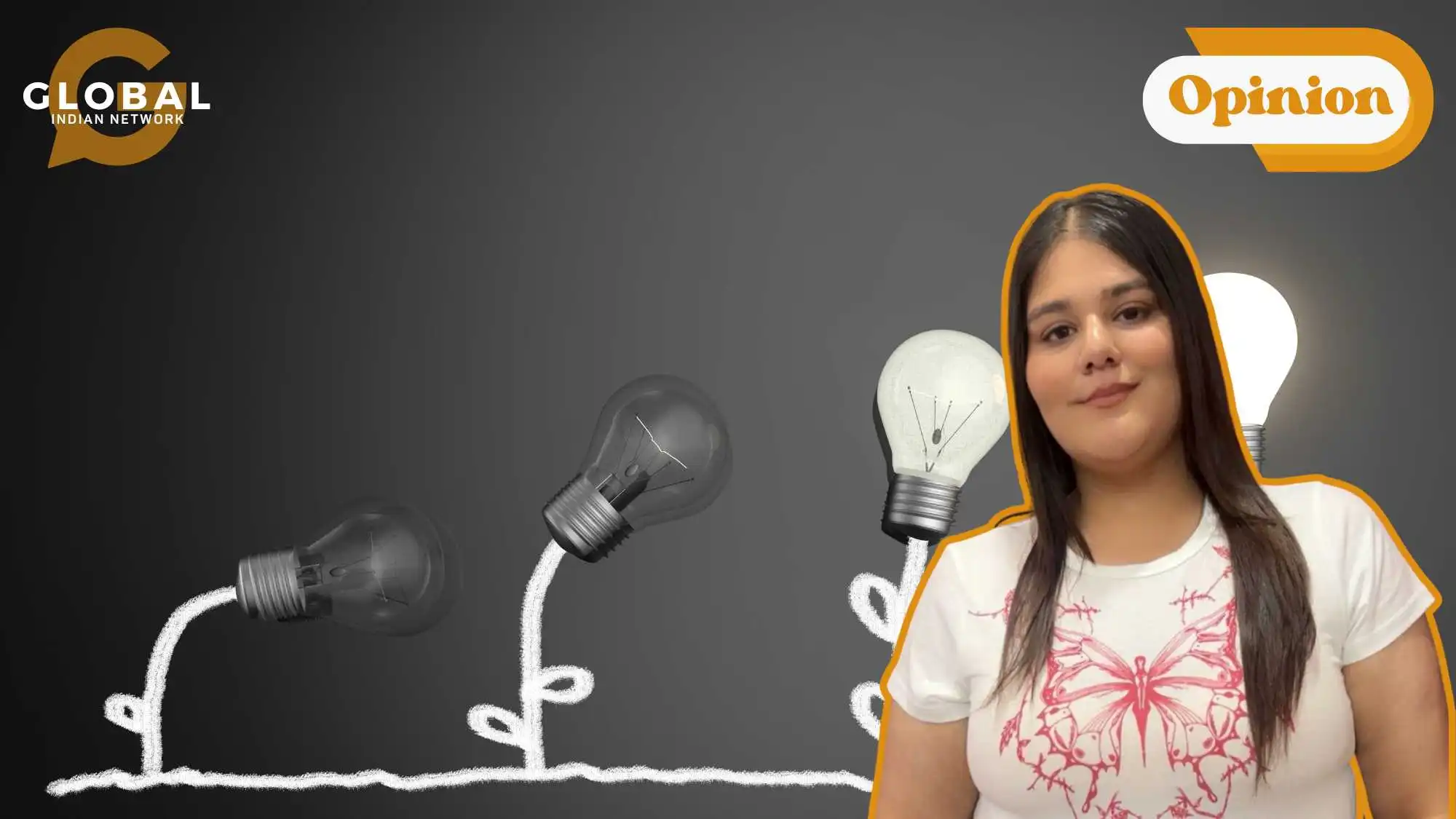Children think of adulthood as the ultimate frontier of freedom. No longer would they have a bedtime; there would be no mandatory homework, and they could do whatever they wanted. “Just wait till I grow up!” is a phrase children use out of optimism, not trepidation. Yet, in contrast to the fantasy, the truth of adulthood is nearly always different. Instead of feeling free, many contemporary young adults report feeling burdened, anxious, and lost instead. So, what exactly has changed? Why does growing up feel less like freedom and more like fear?
One explanation is the difference between expectations and reality. Children are told in simple developmental ways what adulthood looks like. They are told that it is independence, success, and personal power. What they are not told is that independence comes with responsibility, success comes with persistence, and power rarely guarantees anything. Many young people are left feeling understudied or ill-equipped to navigate the demands of growing up—decisions about careers, decisions about money, personal relationships, and so on. Adulthood is not the absence of rules. Adulthood is being responsible for creating and enforcing your own rules.
The fear of growing up can be as much about psychological tasks as it can be about practical tasks. Per Psychology Today, a large part of that fear comes from an inner resistance to responsibility and change. Growing up means developing emotional maturity, confronting our fears, and facing the responsibility of our actions. These things aren’t easy. Many of us are still dealing with internally held beliefs from childhood: perfectionism, fear of failure, or an insatiable desire to be approved of, which contributes to the feeling of being overwhelmed in an adult world. For some of us, growing up means losing the emotional safety we felt during our childhood, despite it being imperfect.
For people with emotional trauma or instability, growing up is even more daunting. It often involves re-parenting, trusting our instincts, and creating support systems from the ground up. The safety that our childhood adults provided no longer exists, and we are suddenly the ones relied upon to have the answers. The dissonance between our inner emotional readiness and the expectations of adulthood can create an overwhelming sense of helplessness, or in some cases, panic.
There is also the cultural narrative that feeds into the idea of “having it all together.” Social media has only fueled that narrative. We’re constantly inundated by images of people our age succeeding in their lives, whether that be buying homes, getting married, traveling the world, or starting businesses.

At this point, we know that social media is curated…but that doesn’t help with comparison. If other people are flourishing, it can trigger an emphasis on what we feel we are behind in our own lives. It is not always about wanting more, but instead having awareness of how people our age seem to be living their lives stresses the idea that our performance to accomplish adulthood is under examination, just like a stage, and we don’t want to drop the ball by failing in front of everyone.
Further, for many of us, life has presented us with unfair realities in preparation for adulthood. While not the only approach, often schools focus on academics versus emotional intelligence, understanding a little about finances, or what kinds of decisions we will face. So, young adults leave school with degrees (often not aligned with their purpose or mission in life) and a sense of ambition but little understanding of how to manage stress, seek help, and say ‘no.’
As the Medium article “Fear of Growing Up” mentions, a whole range of anxiety is normal because it’s like you’ve been handed the keys to a car without ever learning how to drive! The anxiety and self-doubt are certainly not irrational. We are anxious because we are unprepared.
Another salient issue is our fear of permanence. When we were children, our choices felt reversible. We didn’t like the school; we could just change schools, and if we made a mistake, we could just do it again. For adults, that includes commitment to a contract or lease, a job, and a relationship. With the weight of so many choices in adulthood, people choose to stay still. We begin avoiding commitment, or putting off the finality of any level of commitment, or living in indecision, not because of laziness, but paralysis due to fear of making the wrong commitment.
But guess what? Fear is not a problem. It is a normal response to the progression of adulthood. It is a signal to us that we are stepping into unknown territory, and it reminds us that we care about making the right choice. So, even if adulthood is scary, it can also be a time of healing, exploratory changes, and genuine freedom, a freedom that belongs to all of us, not by skipping or escaping, but from self-awareness and knowing ourselves. Thus, instead of shying away or being fearful of adulthood, we can begin to rewrite our relationship with it by defining it for ourselves.
We don’t have to let go of our inner child as we “grow up,” and we can still play, express joy, and act with childlike curiosity as adults. The difference is that we now have the potential to be intentional about what our experiences will be like. Instead of trying to create a perfect version of adulthood, we can make “adult” mean a version that also includes rest, mistakes, learning, and kindness. We don’t have to have everything figured out; in fact, no one really does.
Ultimately, growing up might feel like fear because it is scary, but it is also real. And, if there is a reality (not the filtered images, the societal expectations, or the fear), then it is possible that life can be a real, meaningful, and unique-to-you life. Perhaps freedom is not doing whatever the hell we want, but doing what supports a meaningful choice and still dealing with the consequences of that choice with grace.

Let us know your thoughts. If you have burning thoughts or opinions to express, please feel free to reach out to us at larra@globalindiannetwork.com.









